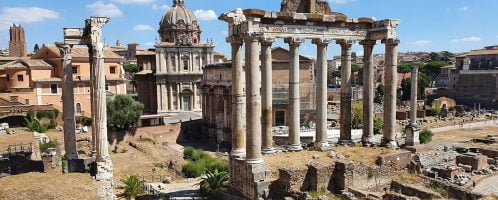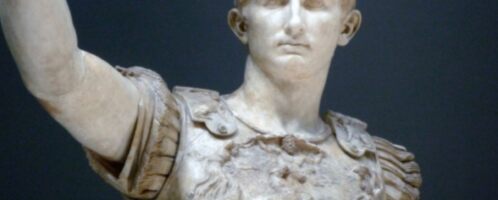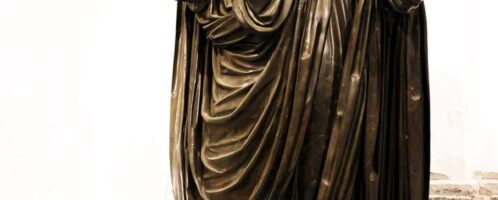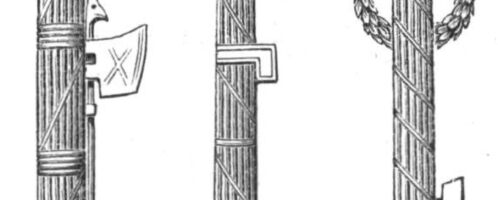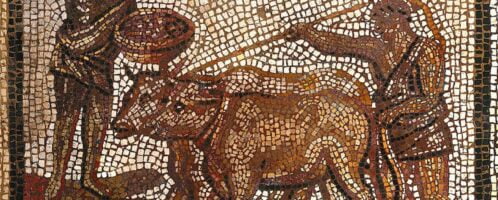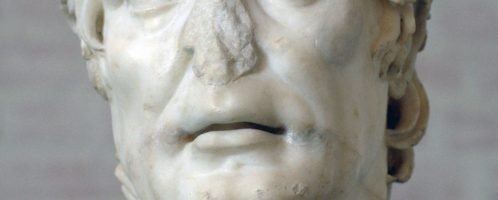Voting in ancient Rome
From the beginning of Roman statehood, various types of population gatherings played a huge role. They had different names – tribe committees, centurial committees, and curial committees. Their shape and competencies have evolved, so I do not want to go into excessive detail here and will continue to refer to them generally as folk assemblies.

